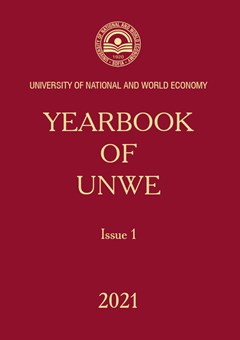Involvement and Trust in Poland and Bulgaria in Comparison with Other European Societies
Authors: Marek Nowak, Piotr Jabkowski, Patryk Borowiak
Abstract
A developmental analysis of the two waves: 2008 and 2016 ESS Indicators of social engagement (we mean here organisational engagement) are treated as a measure of the process of social modernisation (Herrmann, 1999, Matei, Apostu, 2012). It is assumed here that higher scores of indicators demonstrate the 'maturity of civil society, the quality of the functioning of democracy and the process of its evolution (Boulding, 2010). The concept of generalised trust and trust in political institutions have a somewhat similar status, and they are treated as indicators of collective capacity and a premise for conclusions about the effectiveness of the development processes (Putnam, 1993, Sonderskov, 2011). The proposed presentation will focus on the changes we were able to register over eight years in Poland and Bulgaria (2008 and 2018) to indicate the position of the societies of these post-communist countries in comparison to other European countries. The main hypotheses would be to verify the relationship between trust indicators and declared involvement in NGO sector organisations as well as basic sociodemographic variables in a temporal perspective. The quantitative analysis will be preceded by a form of qualitative description and interpretation of the existing state of knowledge. ESS data would be used for the analysis, and the basis for inference will be the indices of “generalised trust”, “trust in national political institutions”, and “involvement in NGO” using regression analysis.
JEL: O1

